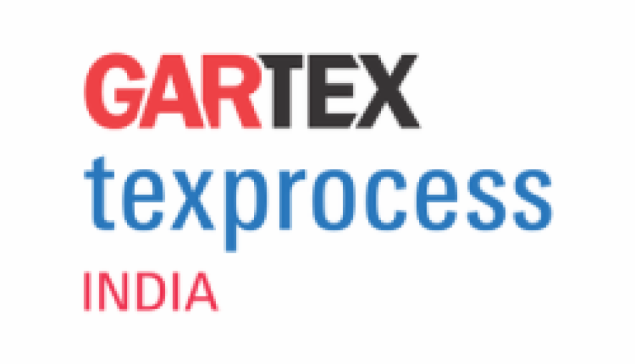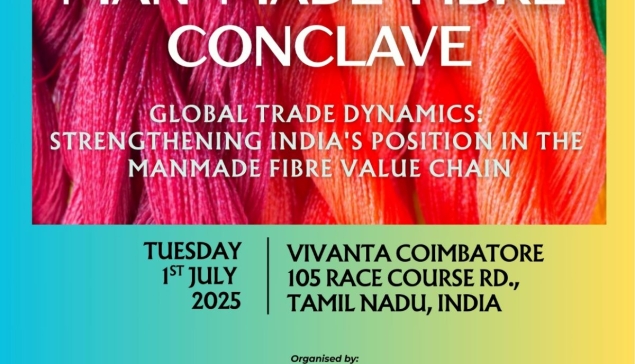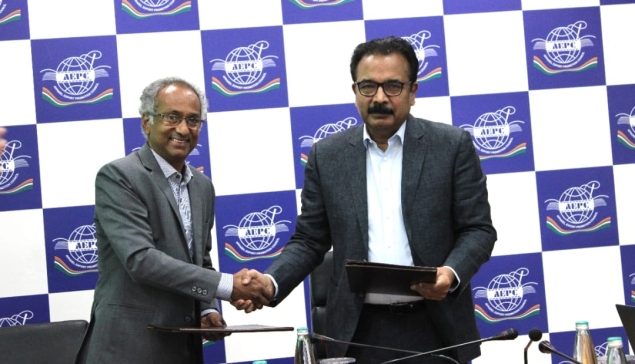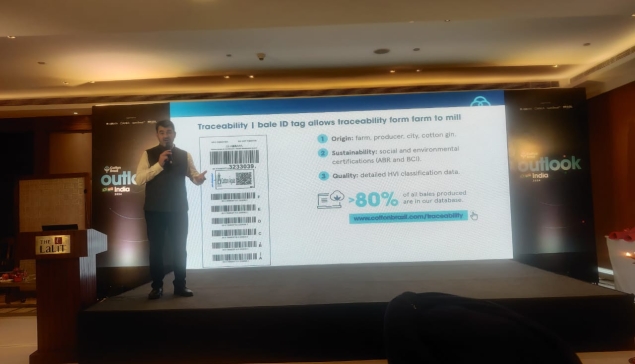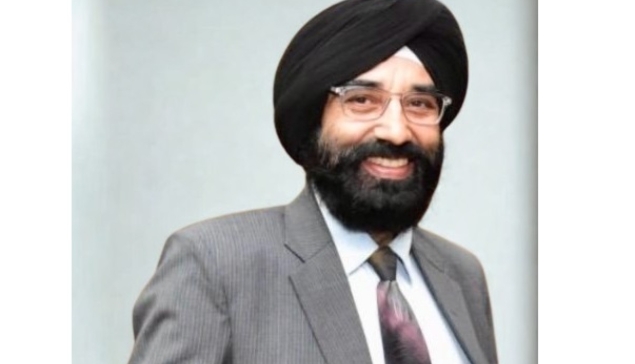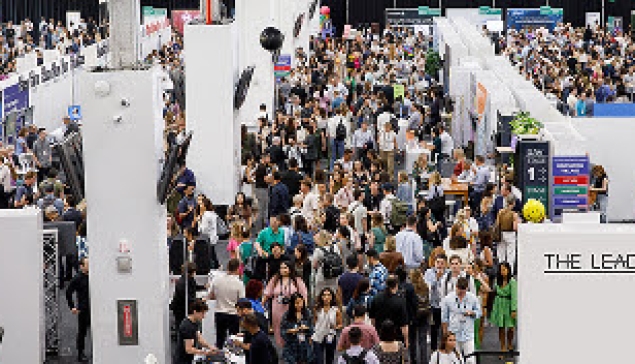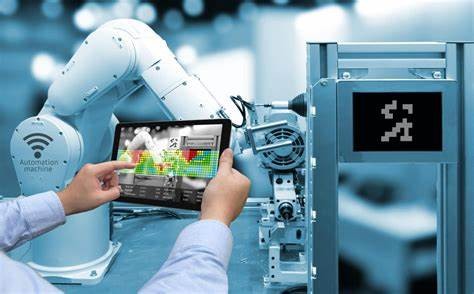Future smart factories are becoming a reality thanks to these technologies, where key trending issues have been penciled in as efficiency, innovation, and enterprises’ digitalization in the future.
At the outset, any future forward sector driver will have intelligent solutions, and technology drives beneficial outcomes in these endeavors, One must have a holistic perspective across the supply chain to the finish, driving incredible tech usage through the years with the thesis that wearable technology is one step ahead of smart fabrics, which is a gateway to the future.
The conventional sectors, like the textile & fashion industries, are in for a revolution, witnessing a tectonic shift that is nothing short of remarkable.
It may be prudent to evaluate the sad reality of the challenging macroeconomic situation when the global economy is posed with multiple headwinds, pushing businesses to embrace a wave of automation and intelligent technology.
While there is a flip side to the evolving landscape of parentage challenges like the fear of job losses and data privacy that loom large, considering the vision of innovations like the Internet of Things (IoT) and artificial intelligence (AI) that are proving indispensable to weighing risks and benefits, bodes well.
This is the right moment to leverage tech advances as a cog in the wheel, streamlining & dove-tailing supply chains and enabling mass customization to keep delighting customers.
However, acknowledging that the industry's legacy of timeless craftsmanship and the allure of cheap production still acts as a speed bump to widespread adoption.
Businesses today are forced to create compelling propositions to gain a competitive edge arising from the company's need to listen and respond to their customers, improving experiences at all touchpoints using tools like text analysis to make the buying journey more enjoyable and meaningful.
Additionally, as a foundational model, addressing the basic need for collaboration between governments, industry leaders, and educational institutions across stakeholders is core to driving the thesis of a fashion future that prioritizes both social well-being and responsible environmental sustainability to participate in the secured growth of the industry going forward.
When we look from a fundamental perspective, the positive spin is that given the multiple benefits, that technology can bring to the table, it is a very realistic assessment, and it is on an even keel as more & more people are seriously interested in learning and adopting the principles of how these smart fabrics are manufactured and the thesis of smart factories is adapted.
This is when things start to get a bit tricky. The early attempts to create smart fabrics were similar to how wearable technology is made.
Fashion's Tech Takeover?
Intelligent smart factory solutions are those advances that a factory needs to keep up with standards and make it cost-competitive in the genuine sense.
This tech revolution sweeping across the fashion and textile value chain and already having gotten to the embed stage assures the sector's future, driving exciting possibilities and opportunities daily.
The availability of clothes that monitor and track your health is already there, backed up by robust & transparent supply chains powered by emerging technologies such as blockchain and nurtured by cutting-edge tech advancements. What does this mean, It remains sacrosanct that the future of fashion is looking super-bright and holding a bright future brimming with potential.
Is tech the tipping point for fashion's tired models? The jury's out on whether it takes flight.





